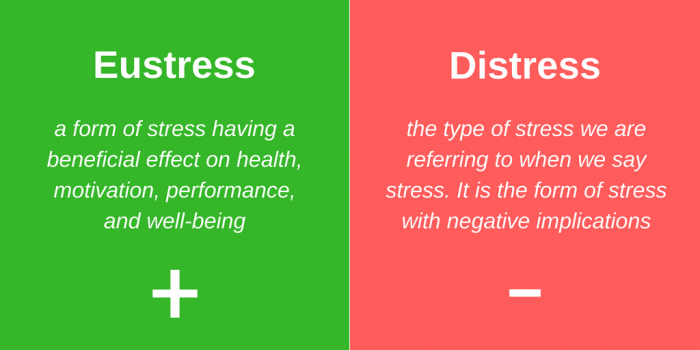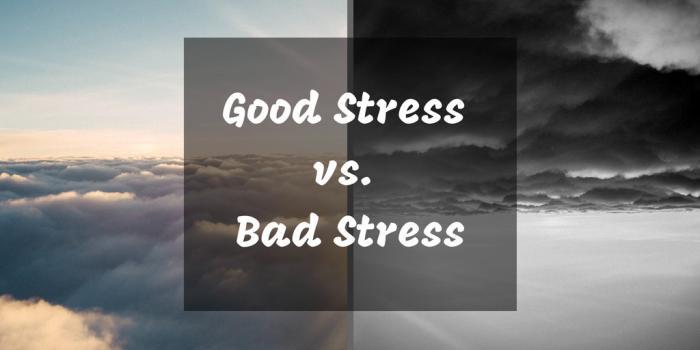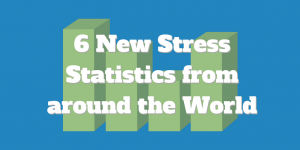Living Forever Happy in “Stress-Free” Land
Can you imagine yourself living all your life in a state of complete relaxation? As in, not only free from negative tensions but also free from excitement, joy, fun? A tensionless, frictionless, monotonous, Zen-like state.
While a perfect stress free situation may be desirable, after all, Buddhist monks train their whole lives to achieve it, and you may want to enjoy it from time to time, it’s, most probably, not what you’re aiming for when it comes to long-term stress management (unless you’re a Buddhist monk, obviously).
Now, because there might be a bit of confusion around why you would like to have stress in your life, let’s start with a dry definition.
Stress Definition
Psychologists define stress as the state resulting from the action of internal or external stressors. Stress affects every system of the body and this influences how people feel and behave (the newest stress statistics are nowhere near encouraging).
This definition doesn’t say anything though about the kind of impact (positive or negative) as stressor might have.
Think about a moment when you were expecting something to happen. Depending on the type of event, you might have experienced anxiety or joy. In other words: negative or positive emotions.
To translate this in “stress” language: based on the type of stressor, and your interpretation of it, you might experience either positive or negative stress.
Type of Stressors
Negative Stressors
– Daily Hassles
– Trigger Stressors: watching someone close to the border of a tall building’s terrace may remind you of your fear of heights
– Chronic Stressors: deadlines, chores, never-ending to-do lists
Positive Stressors
– Positive Expectations
– Working in a State of Flow
– Trigger Stressors: looking at a beautiful picture that may remind you of a fabulous holiday you have recently spent with your loved ones.
Eustress vs. Distress
Psychologists call positive stress “Eustress” and negative stress “Distress”.
Eustress Definition
According to the dictionary, Eustress is a form of stress having a beneficial effect on health, motivation, performance, and well-being.

The antonym of eustress is distress.
Distress Definition
Distress is the type of stress we are referring to most of the times when we say stress. It is the type of stress with negative implications.
We are all different. And we all react to stress (or distress, to be precise) in different ways. It’s how we choose to respond that makes the difference.
“It is how people respond to stress that determines whether they will profit from misfortune or be miserable.”
If you want to learn more about stress, different types of stress and stressors, stress factors and the impact they have on our bodies, health and lives:
1. Jon Kabat-Zinn – Full Catastrophe Living: Using the Wisdom of Your Body and Mind to Face Stress, Pain, and Illness
2. Daniel Smith – Monkey Mind: A Memoir on Anxiety
3. Robert Sapolsky – Why Zebra’s Don’t Get Ulcers: An Updated Guide to Stress, Stress-Related Diseases and Coping
4. Rick Hanson – Hardwiring Happiness: The New Science of Contentment, Calm, and Confidence







